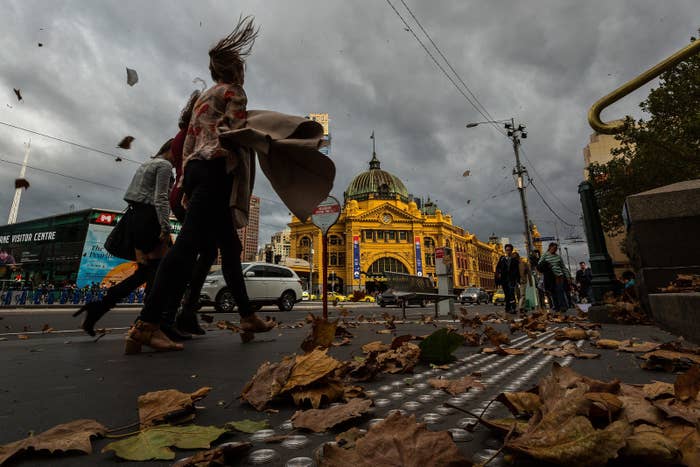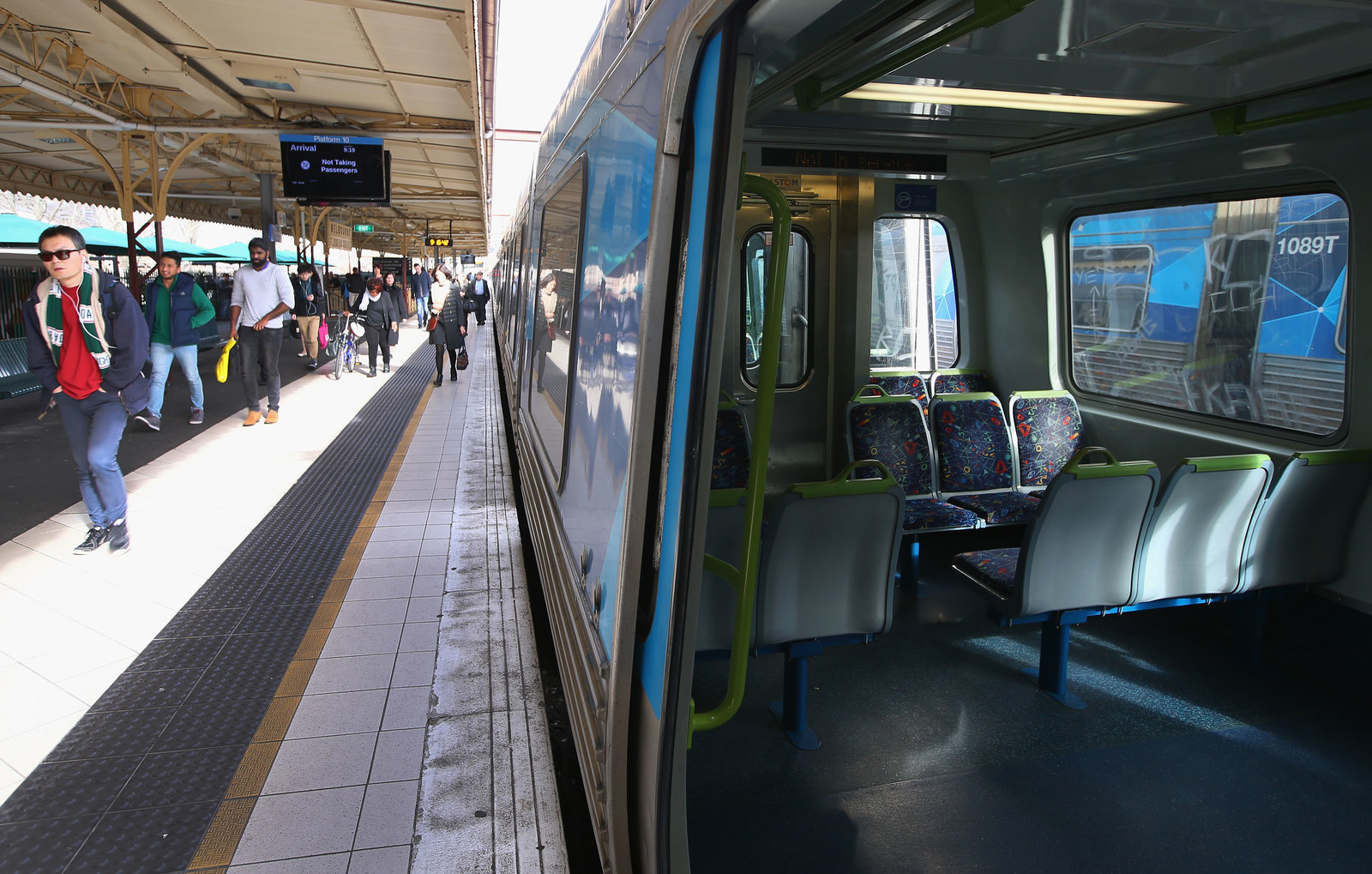Young women have shared their safe and unsafe experiences at different locations in Melbourne on an interactive map, and now researchers are using the data to make the city more secure.

Child rights organisation Plan International launched the online interactive map Free to Be late last year, and over the last three months more than 1300 locations across Melbourne have been added by women aged 15 to 30, with comments on how safe and welcome the spaces made them feel.
The experiment gave young women and girls an "alternate way to document their experiences in their own way and own voice", senior lecturer in architecture at Monash University Nicole Kalms told BuzzFeed News.
"People could mark the place with a red sad face or a green happy face, and that language was important because it wasn't about saying 'this is a shit space of sexual assault' and making women feel even more scared," Kalms said.

"We know that sexual harassment isn't reported, and the map showed us that it happened not in these quintessentially dark alleyways but in public and busy places where there are lots of people."
The site with the most recorded incidents of sexual harassment was Flinders Street station, where multiple women reported having their backsides "spanked" by a stranger, another said a man grabbed her vagina and another said she was verbally assaulted.
"I was followed for a whole block by a man who told me to smile," wrote one woman, who had placed her map pin near the station.

Many of the comments accompanying pins near public transport hubs described sexual harassment or assault on buses, trams and trains.
"I had a businessman get off at Flinders Street station after trying to reach his hand under my dress on a crowded train in the morning," one woman wrote.
"I didn't do anything because I couldn't believe it had actually happened on a crowded train in broad daylight."
Kalms said the current environmental solutions for women who experienced sexual assault on public transport were "problematic" and put the onus on women to be responsible for their own safety.
"We have these hilariously crap striped parts of platforms that say 'safety area' and then safety advice about not travelling at night or by yourself or making sure you're on the first carriage, and it all just constantly tells women they need to be responsible for their own safety," she said.
"With public transport you have a zillion people pushed up against each other and it is this hotbed of sexual harassment, and people capitalise on that proximity – and we have young girls traveling to school who are dealing with this."

Kalms is leading a new XYX Lab at Monash University, which aims to focus on the way space and design impacts on equity and access for women and girls in Melbourne's urban and public transport spaces.
The lab was launched on Sunday and will allow young women to co-design with architects, urban planners, public policy makers and social services providers to come up with solutions.
"We need to be educating stakeholders, public transport authorities and the general public about their responsibilities."
